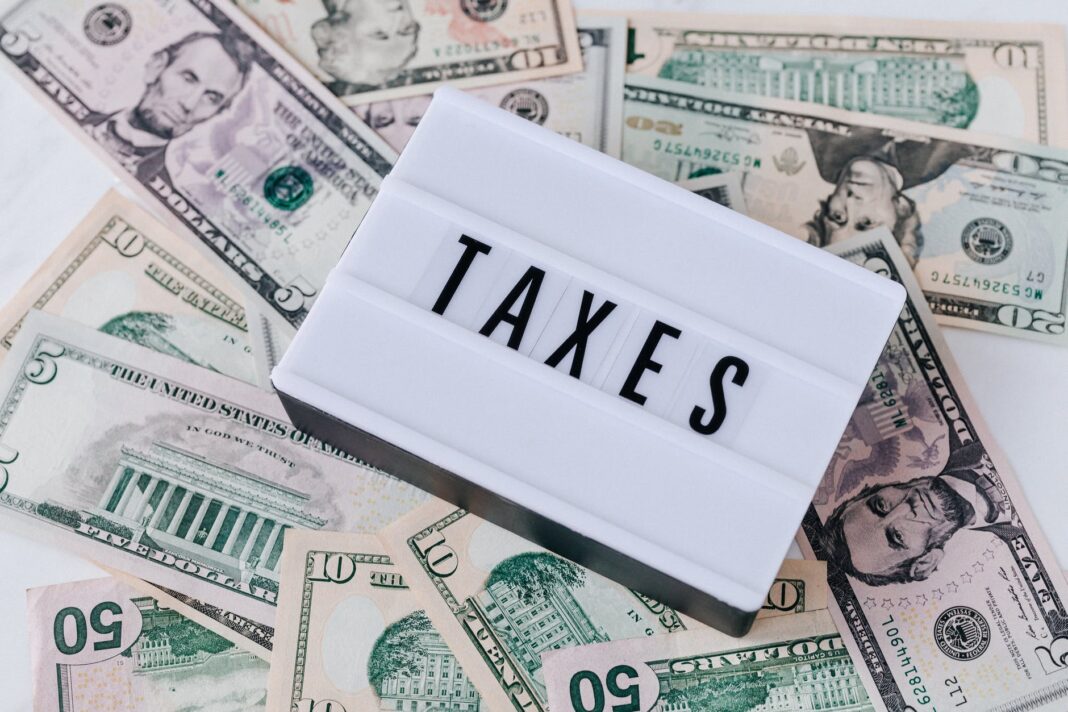Not long ago I told you about a new trend among recent retirees; they are un-retiring. According to the Bureau of Labor Statistics, the number of retirees in the U.S. jumped from 28.3 million in February 2020 to 31.6 million in October 2021.
But record-high inflation changed the hopes and expectations of the recently retired and some of those folks have picked up their lunch buckets and gone back to work. Indeed Hiring Lab says by March 2022, more than one million people who were retired the previous year had gone back to work.
Now, there’s another trend among American workers who can see retirement from where they’re standing. The average age at which workers plan to retire has taken a substantial jump.
Every year, the Gallup company surveys Americans about their attitude toward retirement. In 1991, the average retirement target age was 57; in 1995 it had increased to 60; in 2021 workers intended to retire at 64. In the most recent survey, Gallup found that the average retirement age workers are considering is 66.
Social Security is one of the major reasons people gave for considering a later retirement age. To receive a full Social Security benefit, you have to be what SSA considers Full Retirement Age (FRA), which is currently 66-67 depending on when they were born. Retiring before your FRA means you will receive a permanently reduced Social Security check.
Another reason workers plan to postpone retirement is their belief that they don’t have enough savings to retire comfortably. Working longer gives them more time to contribute to 401(k) plans, IRAs, taxable savings, and more contributions to Social Security.
Over the years, Gallup has discovered a gap between when people retire and when they thought they would retire.
- In 2002, workers retired at 59 when they thought they’d retire at 63.
- In 2012 workers retired at 60 when they expected to retire at 67.
But sometimes, retirement is thrust upon workers, their health declines, they have to stop working to care for a family member, or they lose their job and can’t find an appropriate replacement.
Whatever the reasons, whether you’re thinking about retiring or already retired, don’t consider your retirement plan written in stone once you develop it. Things happen—the stock market does really well or really poorly, you have health problems that keep you from working anymore, or your employer lets you go and no one will hire you. Most likely, your retirement will turn out differently than you expect. So make sure your retirement savings plan is flexible and can handle whatever is thrown at you.




